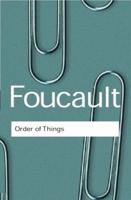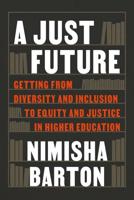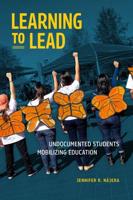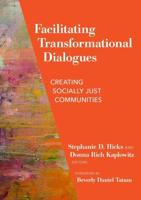Publisher's Synopsis
The idea of human equality and the requirement from the state to provide equal opportunity to all lie at the foundation of modern democracy. Focusing on the area of higher education, this volume discusses the notion of 'affirmative action', a generic term covering diverse measures-quotas, special institutions for the underprivileged, extra points on a 'scale of deprivation'-that are employed to ensure equal opportunity. While analysing the situation in India, the volume also compares the debates and policies on affirmative action in India with those in the United States and South Africa. The essays explore the influence of the 'creamy layer' on marginalized groups in a community, the new trends in higher education in India, and the place of the hitherto overlooked disparities of gender, religion, and the urban/rural divide in the discourse on affirmative action. The contributors come from varied disciplines including politics, sociology, law, economics, philosophy, and governance.











